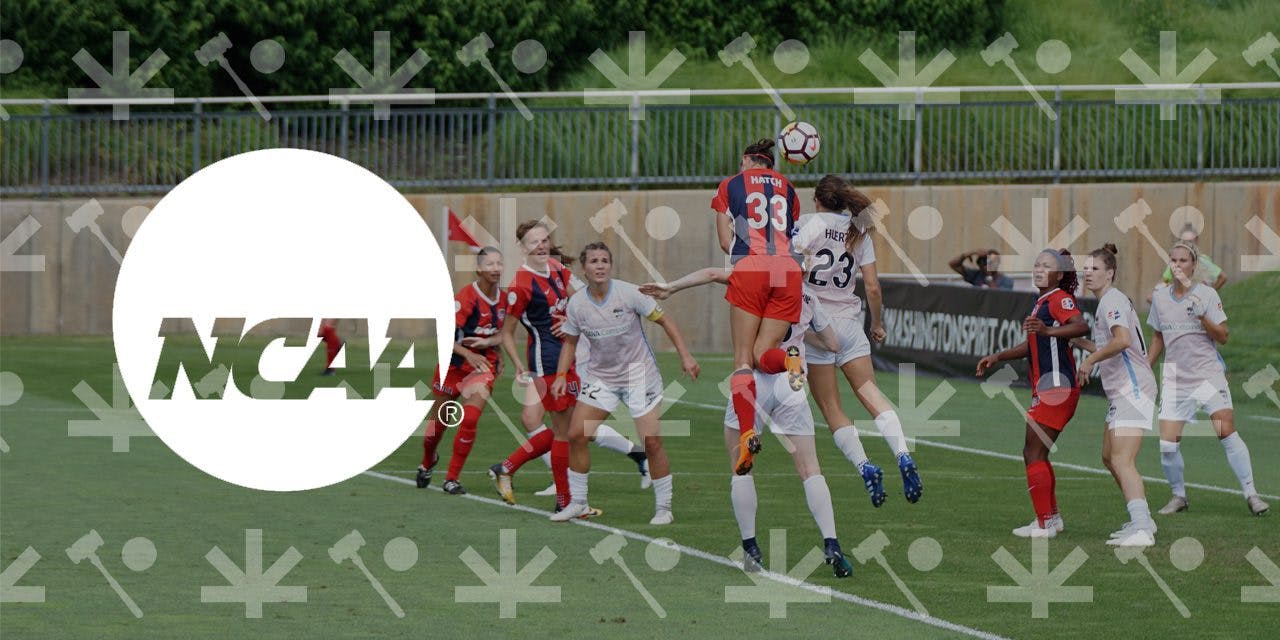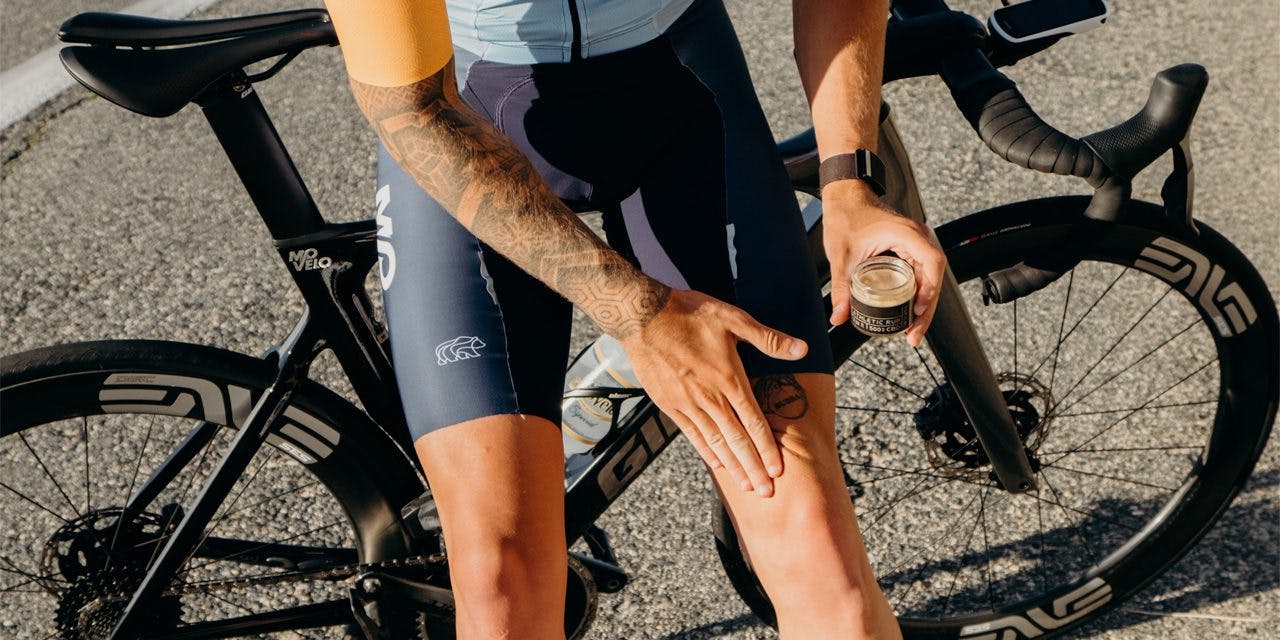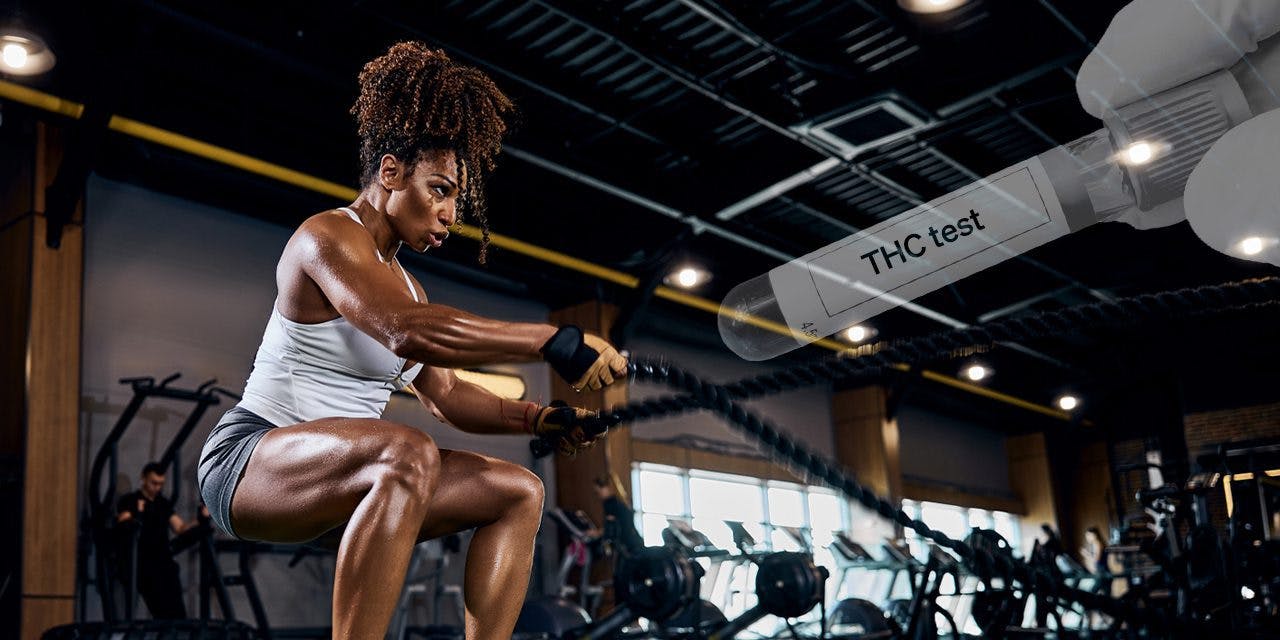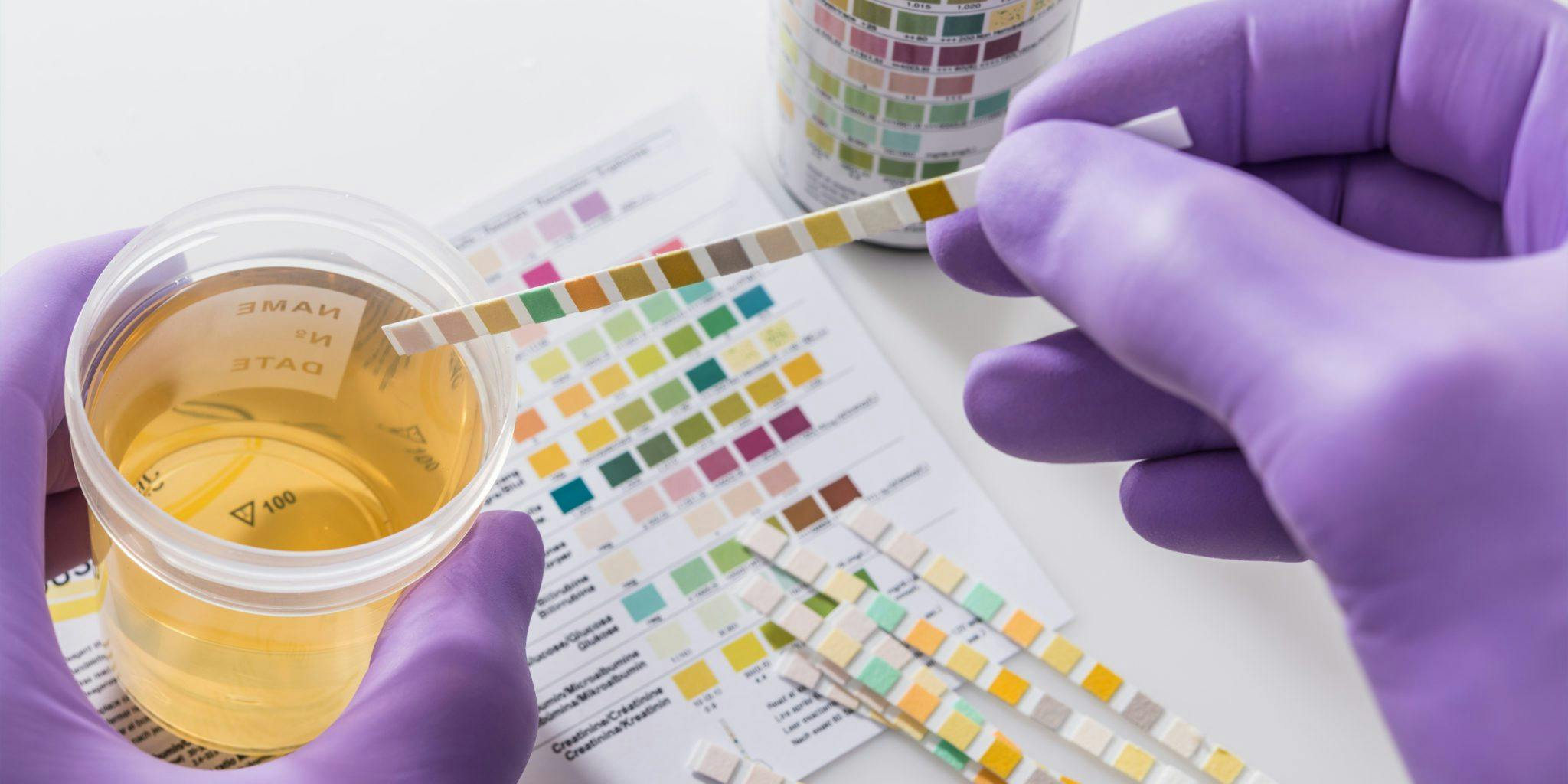Is Marijuana Illegal in the NCAA?
Last updated on Oct 7, 2024
Created on Mar 1, 2023

Article written by

Samuel Njoroge
Content reviewed by

Dr. Lewis Jassey
Marijuana has come a long way. Just a few years ago, it was illegal to possess and use cannabis for any reason whatsoever.
Over time, exceptions were made for people with certain medical conditions, and we’re now seeing progress in other realms, too. This includes major sporting leagues like the National Collegiate Athletic Association (NCAA).
The NCAA has revised its policies to be more lenient regarding the amount of THC a college athlete can have in their body. The NCAA also recommends less-stringent penalties for student athletes who test positive for marijuana.
Get your medical marijuana card
Connect with a licensed physician online in minutes.
Larger purchase limits Access to higher potency strains Save up to 40% on product taxes Enhanced legal protection
What Is the NCAA?
The NCAA is a non-profit organization that regulates student athletics in close to 1,100 colleges and universities in America, Canada, and Puerto Rico. It is committed to ensuring its athletes’ lifelong success by providing mentorship and training programs focusing on leadership, personal development, and substance use prevention.
The association is also dedicated to ensuring its members aren’t using banned substances and performance-enhancing drugs. It, therefore, routinely tests athletes for drugs. This is done to protect the ethics and integrity of sporting events and to ensure games are fair for all athletes.
Does the NCAA Test for Marijuana?
Yes, the NCAA drug testing program currently screens for marijuana (THC). It also tests for other cannabinoids, peptide steroids, narcotics, diuretics, hormone modulators, and more. The association administers drug tests using Drug Free Sport, Inc — a worldwide leader in sport drug testing.
Although the NCAA has become more lenient towards college students who use marijuana, they still test for it. However, as cannabis use becomes legal in more states, it’s likely that the NCAA will revise and potentially loosen up existing restrictions.
Due to its status as a Schedule 1 drug, cannabis has been viewed with skepticism by many. Until recently, the NCAA had strict, harsh policies regarding the use of marijuana. For example, any student athlete who tested positive for THC was suspended for the rest of the season.
As the world’s view on marijuana continues to change, however, the NCAA’s cannabis policies have become more lenient. Cannabis is no longer considered a performance-enhancing substance by the association.
Today, athletes only test positive for cannabis if they have more than 150 nanograms per milliliter (/mL) of THC in their systems — a significant increase from the previous 35 nanograms/mL. The new THC threshold levels are in accordance with the World Anti-Doping Agency.
NCAA’s Stance on Medical Marijuana Use
The NCAA doesn’t make any exceptions for medical marijuana. Cannabinoids, in general, are banned by the association and can result in suspension.
Other banned substances include cocaine, narcotics, stimulants, and anabolic steroids. However, the NCAA does make the following exceptions:
- Anabolic agents, peptide hormones, growth factors, and hormone and metabolic modulators for medical reasons are allowed. Pre-approval is required, and the school is required to submit all relevant documents before the student competes.
- Students with a documented medical history for certain stimulants, beta-blockers, beta-2 agonists, diuretics, and narcotics do not require pre-approval.
Today, medical marijuana helps people with chronic pain, insomnia, autoimmune diseases, appetite issues, and other health conditions have a better quality of life. When the laws change, the NCAA bylaws may be altered to reflect this.
Download A Free Guide to Medical Marijuana
The Bottom Line: The NCAA and Marijuana Use
Even though recreational marijuana is now legal in many states, the NCAA still doesn’t allow its athletes to use marijuana. However, the NCAA approach to marijuana, including its penalties and restrictions, may get more lenient in the future as marijuana laws continue to change nationwide.
Get Your Medical Card
Connect with a licensed physician online in minutes.
Larger purchase limits Access to higher potency strains Save up to 40% on product taxes Enhanced legal protection
Frequently Asked Questions
What drugs does the NCAA test for?
What happens if you test positive on an NCAA drug test?
- First positive test: No loss of eligibility. The school is expected to provide an education and management plan for the student athlete.
- Second positive test: No loss of eligibility if the school provides a management and education plan and confirms the athlete was compliant with the initial management plan. If the student was non-compliant, they're withheld from 25% of regular season competitions.
- Third positive test: No loss of eligibility if the school creates a new management and education plan and confirms the athlete complied with the previous two education and treatment plans. If they were non-compliant, they must be withheld from 50% of regular-season competitions.


